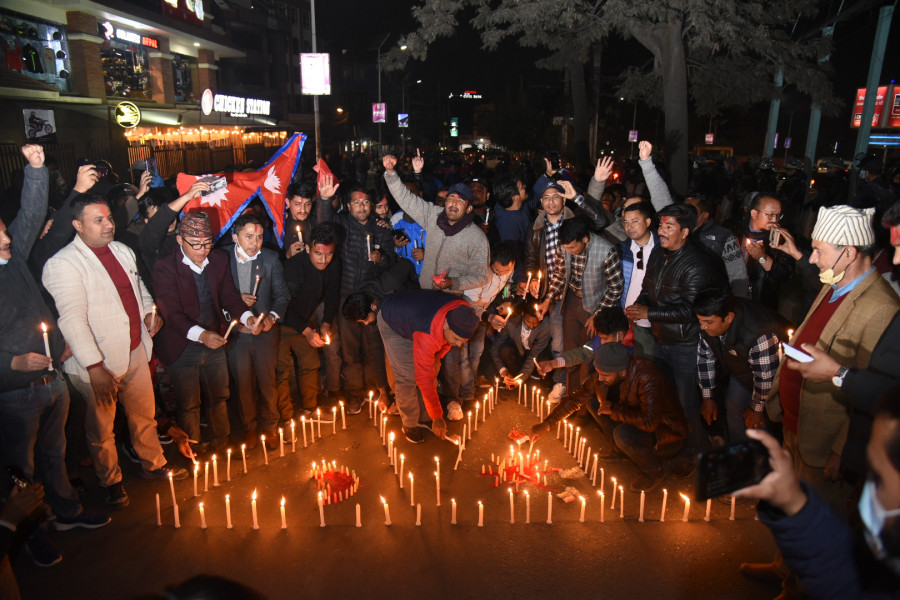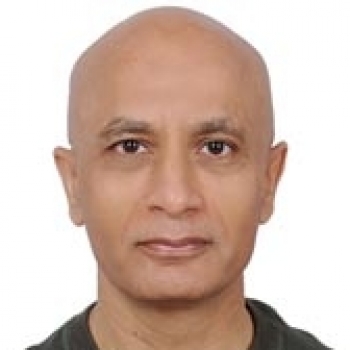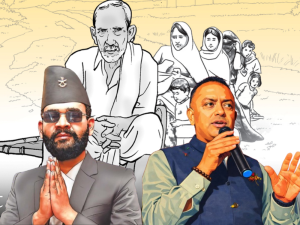Columns
Supreme Court: Arbiter of democracy
One bad stumble is all it takes for a fledgeling system to suffer a fatal blow.
Paban Raj Pandey
The significance of the February 23 ruling by the Supreme Court deeming Prime Minister KP Oli’s December 20 dissolution of the House of Representatives as unconstitutional cannot be overstated. On the surface, it is just one of those decisions that went the plaintiff’s way in a court of law. Arguably, it could have as easily gone the defendant’s way. But, deep down, it will probably be some time before the magnitude of the verdict sinks in. A decision to the contrary had the potential to push back political and economic reforms years, if not decades. In all probability, the annals of history will view the reinstatement of the House as a major stepping stone for Nepal’s budding democracy.
In a surprise and drastic move, the Oli administration on December 20 recommended House dissolution, which President Bidya Devi Bhandari hastily approved. Oli was facing increasing opposition from within his party. The other faction was primarily led by former prime minister Pushpa Kamal Dahal, whose Communist Party of Nepal (Maoist Centre) merged with Oli’s Communist Party of Nepal (United Marxist-Leninist) in May 2018 to form the now-defunct Nepal Communist Party (NCP). But the two leaders constantly bickered over control and power. The President announced national elections to be held in two phases on April 30 and May 10. Many, including a large section of Oli’s own party, took to the streets.
Dissolved House restored
All this now becomes moot, as the House has been revived. It was a unanimous decision by the Constitutional Bench, led by Chief Justice Cholendra Shumsher Rana. The other four Justices were Anil Kumar Sinha, Bishowambhar Prasad Shrestha, Sapana Pradhan Malla and Tej Bahadur KC. Four of the five were appointed when Oli was prime minister—Chief Justice Rana in January 2019, and Justices Sinha, Shrestha and Malla in August 2016 during Oli’s first term, although it is not clear if they were all appointed under UML’s quota. (Justice KC began his tenure in January 2017.) It is not uncommon in a young democracy like Nepal for those in power to expect favours in return—a quid pro quo, to use a legal term.
Last November’s US presidential election was handily won by President Joe Biden—306 electoral votes to former President Donald Trump’s 232. Claiming the election was rigged, Trump unleashed massive legal and legislative efforts to overturn the results. In Georgia where Biden won by a narrow margin, Trump made phone calls to Republican state election officials seeking help to reverse his defeat. In December, he backed a lawsuit by Texas to throw out results in Georgia, Wisconsin, Pennsylvania and Michigan. The combined 62 votes could have altered the outcome of the election, but the US Supreme Court unanimously rejected the challenge. This was a court in which three of the nine judges were appointed by Trump.
The attempt here is not to draw parallels between the verdicts reached by the two nations’ top courts. It will be a futile exercise to even try. The US’s is a nearly 250-year-old democratic system that has survived many a test, with tons of checks and balances. Nepal’s is just taking its baby steps, with obvious growing pains. That said, the US, too, was a budding democracy at some point. One bad stumble and it does not take long before a fledgeling system suffers a debilitating blow, if not fatal. The House dissolution was one such danger avoided. If the Supreme Court sided with Oli, this in all probability would have given him an aura of invincibility. Already, he is widely seen as someone with an authoritarian style of working.
No sooner was the House dissolved—and the matter was still pending at the Supreme Court—that Oli appointed eight new cabinet ministers and one minister of state. Right before the dissolution, he rammed through an ordinance to amend the Constitutional Council Act, enabling him to fill, in early February, several vacant posts in crucial constitutional bodies, including the Election Commission. Political commentators point to this as examples of how far he is willing to go to test the system. In 2019, attempts were made to curtail press freedom. If this was borne out of a two-thirds-majority mindset. But the country would be better served if this power was used to create a conducive environment for foreign direct investment (FDI), for instance.
Short shelf life for the self-centred
A couple of things are worthy of note here. In an emerging nation like Nepal, an authoritarian in the early years or decades is not always a bad idea. Singapore’s Lee Kuan Yew was an autocrat, but at the same time was revered as a nation builder. Benevolent authoritarians can do wonders in a society going through its adolescence. In Nepal’s case, the late King Birendra could have potentially become one, as in the ’70s and ’80s in particular totalitarians were a dime a dozen—both good and bad—and no one gave a hoot. Fast forward to today, things are different. Today’s world is less tolerant of dictators—regardless benevolent or not. Even within a nation, people are more conscious, news travels fast and reactions are swift.
This is particularly important in a resource-constrained economy like Nepal, which needs to be able to attract outside capital. The competition for FDI is global. Foreign investors have options and will go where risk-reward odds are the most favourable. Myanmar just had a military coup, putting an end to a decade-long democratic transition; chances are this has caused enough uncertainty for foreign investors to avoid that market for the foreseeable future. Any authoritarian that has no respect for the rule of law can as easily deny foreign investors their rights—the right to repatriate profits, for instance. The mere fear itself discourages foreign investment.
In the present context, wannabe authoritarians in Nepal face dual problems. Firstly, still a least developed country with 30 million people, it enjoys neither high purchasing power nor market size for foreign capital to drool over. Secondly, the autocratic-minded will have to contest elections. In absence of FDI, development activity lacks traction and people in all likelihood will vote with their wallets, pushing out such leaders, which by default means the legislation enacted to further their self-interest meets with the same fate. The Supreme Court decision, therefore, hopefully brings sanity among these politicians, and more legislation aimed at the long-term wellbeing of the nation is encouraged—the ones aimed at bringing in more capital, for instance.




 27.41°C Kathmandu
27.41°C Kathmandu



.jpg&w=200&height=120)











